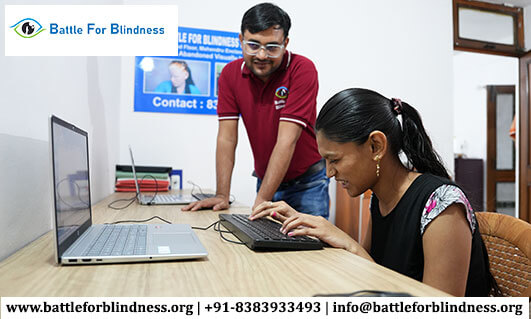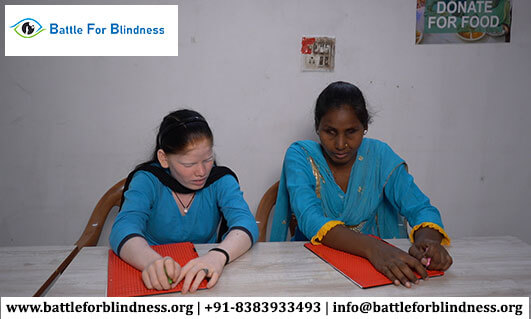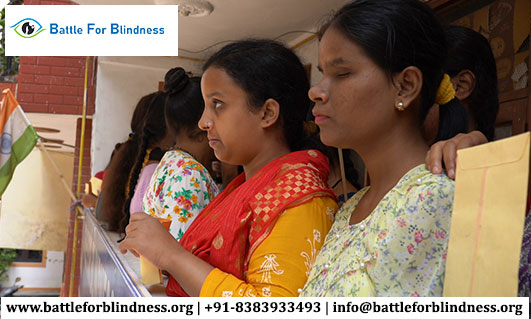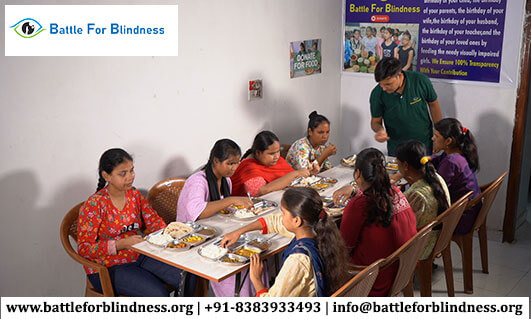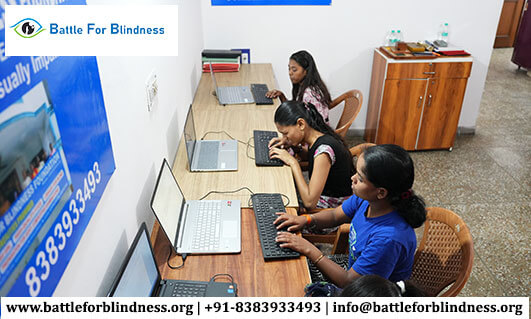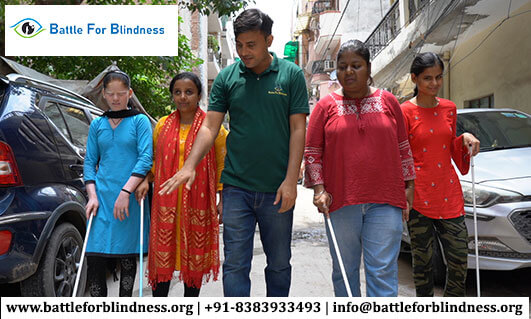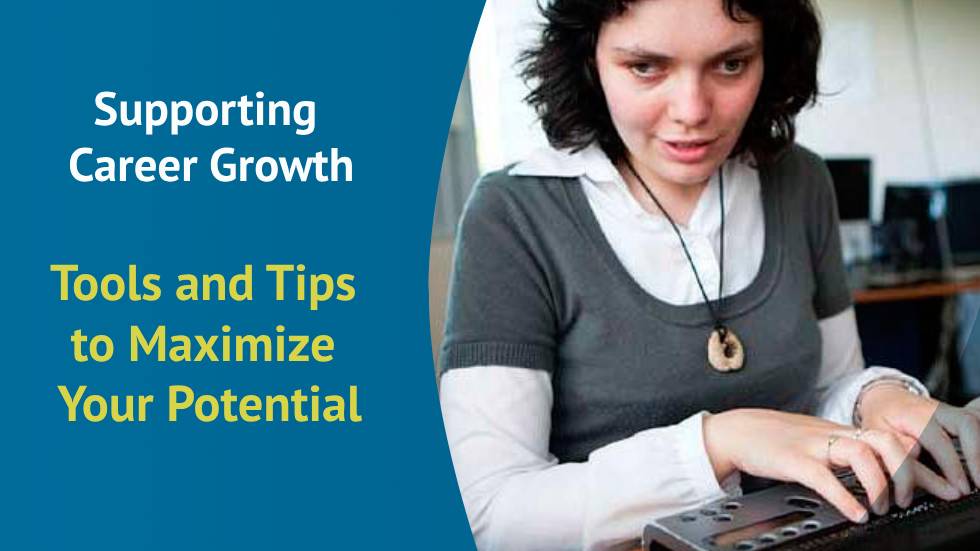
Empowering visually impaired girls to pursue fulfilling careers requires a comprehensive approach that includes effective career planning and skill development. As they transition from education to the workforce, it’s crucial to provide guidance, resources, and opportunities that promote independence and self-sufficiency. Here’s how we can support visually impaired girls in their journey towards successful careers.
1. Understanding Individual Strengths and Interests
The first step in effective career planning is recognizing the unique strengths and interests of each girl.
Strategies:
- Personalized Assessments: Utilize tools and resources to evaluate individual skills, interests, and career aspirations. This can include career aptitude tests that are accessible in Braille or audio formats.
- Interest Workshops: Organize workshops where girls can explore various fields through hands-on activities, guest speakers, and interactive sessions. This exposure can help them identify passions and career paths.
Tips: Encourage girls to reflect on their interests regularly and set personal goals to help them stay focused on their aspirations.
2. Skill Development Workshops
Developing both hard and soft skills is essential for career readiness.
Recommended Workshops:
- Technical Skills Training: Offer courses in areas such as computer programming, data entry, graphic design, or digital marketing using accessible software and adaptive technology.
- Soft Skills Sessions: Conduct workshops focusing on communication, teamwork, and problem-solving. Role-playing and group discussions can enhance these vital interpersonal skills.
- Resume Building and Interview Preparation: Provide guidance on creating resumes, writing cover letters, and conducting mock interviews to prepare girls for job applications.
Tips: Partner with local organizations or businesses to facilitate these workshops and provide real-world insights.
3. Mentorship Programs
Establishing mentorship connections can significantly impact a visually impaired girl’s career journey.
How to Implement:
- Pairing with Role Models: Connect girls with mentors in their areas of interest, especially those who are visually impaired or have overcome similar challenges.
- Networking Opportunities: Organize networking events where girls can meet professionals and industry leaders, fostering relationships that can lead to internships or job opportunities.
Tips: Encourage ongoing communication between mentors and mentees, ensuring that the support is consistent and personalized.
4. Internship and Job Shadowing Opportunities
Real-world experience is invaluable for building confidence and practical skills.
Initiatives to Consider:
- Internship Programs: Collaborate with local businesses to create internship opportunities tailored for visually impaired girls. Ensure that roles are accessible and supportive.
- Job Shadowing: Organize shadowing days where girls can follow professionals in their desired fields to gain insight into daily tasks and workplace culture.
Tips: Provide orientation sessions to prepare girls for what to expect in these environments, focusing on accessibility features and communication strategies.
5. Accessible Technology and Resources
Leverage technology to create an inclusive learning environment that fosters skill development.
Key Resources:
- Assistive Technology Training: Offer training on the latest assistive technologies, such as screen readers, Braille displays, and speech recognition software, that can enhance their productivity.
- Online Learning Platforms: Recommend accessible online courses in various fields, allowing girls to learn at their own pace and convenience.
Tips: Ensure that all resources are evaluated for accessibility before implementation.
6. Parental and Community Involvement
Engaging families and the community is vital to supporting visually impaired girls in their career journeys.
Strategies:
- Informative Workshops for Parents: Host sessions for parents to help them understand how to support their daughters’ aspirations, including discussing rights and accommodations in the workplace.
- Community Awareness Campaigns: Raise awareness about the capabilities of visually impaired individuals, fostering a more inclusive environment that encourages employers to hire diverse talent.
Tips: Create channels for ongoing dialogue between families, mentors, and the community to share successes and challenges.
Conclusion
Supporting visually impaired girls through career planning and skill development is a multifaceted effort that requires collaboration, resources, and commitment. By focusing on individual strengths, providing relevant training, fostering mentorship, and engaging families and communities, we can empower these girls to navigate their career paths confidently. Investing in their future not only benefits the individuals but also enriches society by embracing the talents and contributions of all its members.
